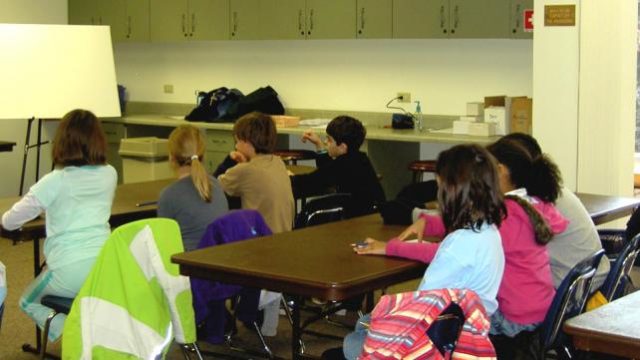Dealing with Problems of Discipline in The Classroom

By Mohamed Bhabha
All misbehavior is a result of the child’s mistaken assumption about how s/he can gain recognition. The child engages in attention-getting behavior such as excessive talking, squirming, fighting, daydreaming, procrastinating.
If a teacher tries to stop the attention-getting behavior and the child attempts to defeat the teacher’s efforts attention-getting may escalate into a power struggle.
The third level of inappropriate behavior is revenge. The child thinks everyone is against him/her and wants to retaliate or hurt in return.
The attention wanting child realizes that the way to get attention in class is to be disruptive. If the teacher responds by simply drawing attention to the child, the wrong message is given and the child’s behavior is reinforced.
Repeatedly scolding an attention-getter for talking in class does not teach the child to behave differently. It reinforces the misbehavior.
If teachers are not aware of the meaning of a behavior they respond by falling for the child’s non-conscious scheme and reinforce the child’s mistaken goal.
To correct misbehavior. effectively teachers must recognize its purpose. Is it (i) to get attention (ii) to show the child’s power or (iii) to hurt.
Observe the child’s actions – talks out of turn; gets out of seat; is noisy; or disturbs in some other way. If the teacher says to stop and the child stops for a while the behavior falls under (i) above. If the child does not stop but increases the disturbance it’s number (ii).
Observe the teacher’s own reaction – if the behavior provokes annoyance it’s probably (i) above. If it provokes anger it’s (ii) and if hurt, (iii).
To deal with an attention-getter the teacher must react with silence and wait until quiet has been restored. This also implies group pressure.
In a power struggle the teacher must not get sucked into the game playing. There is not much fun for the child if his power is not contested.
Where the child is seeking revenge a long process is needed to convince him that he can be liked and accepted.
In all three scenarios discuss the child’s goals and the teacher’s expectations in private sessions. Also confront the child with his goals in group discussions. Peer pressure is greater than teacher or parent-pressure.
Give special attention to the child for constructive or cooperative behavior and provide encouragement until the child no longer needs special attention.


